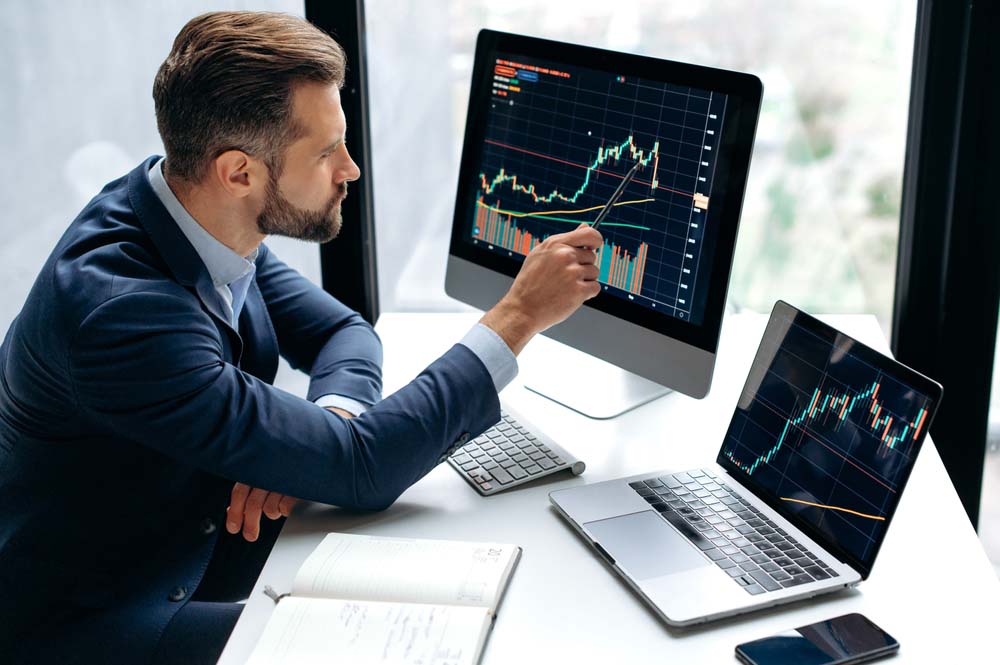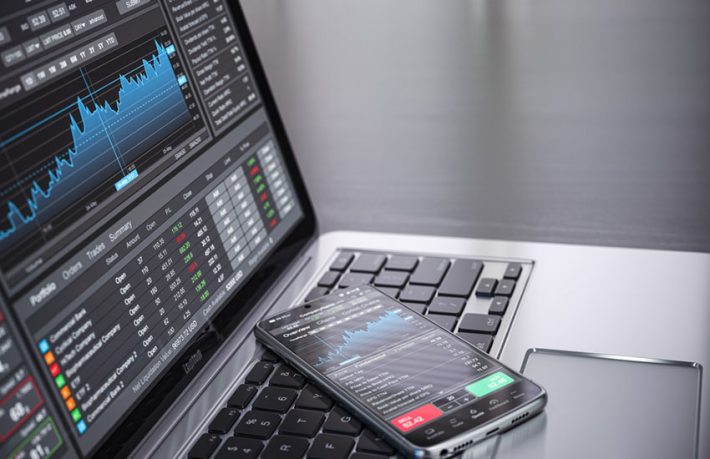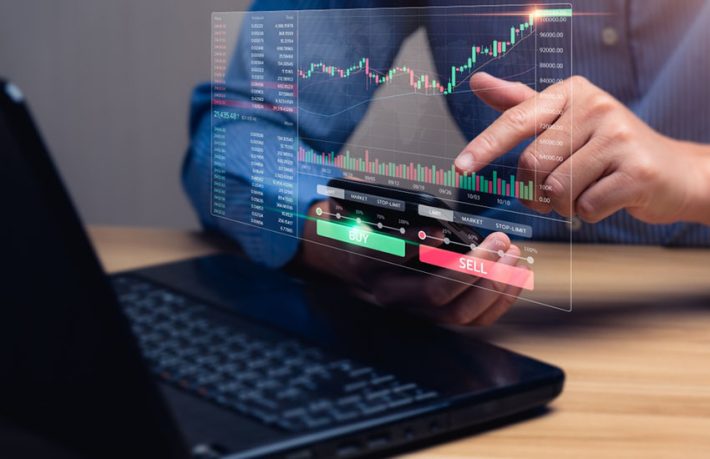Decoding Liquidity: The Key to Smarter Trading

Understanding liquidity is essential for identifying optimal markets in which to buy and sell financial assets. In trading, liquidity measures how easily an asset can be exchanged between participants without causing significant price movement. High liquidity typically reflects a more efficient market—where buyers and sellers are readily available, enabling smooth and timely transactions.
This article explores what liquidity means in a trading context, how it shapes market behavior, and the advantages of participating in highly liquid markets.
What Is Liquidity in Trading?
Liquidity in trading refers to how quickly and efficiently a financial asset can be bought or sold without materially affecting its price. In highly liquid markets, transactions are frequent, supported by a large number of participants willing to trade at competitive prices.
For instance, in the futures market, high liquidity allows a contract to be sold quickly, as many buyers are actively looking to enter positions. In contrast, low-liquidity markets may suffer from limited activity, resulting in delays, wider spreads, and less favorable execution.
Beyond trading, liquidity also describes how easily an asset can be converted into cash—or a company’s ability to meet short-term financial obligations—making it a vital indicator of financial health for both individuals and institutions.
Types of Liquidity
To fully understand liquidity, it’s important to distinguish between its different forms:
- Market Liquidity: Refers to how easily assets can be traded in a market without causing substantial price movements.
- Accounting (or Balance Sheet) Liquidity: Indicates an entity’s ability to meet short-term liabilities using liquid assets.
- Funding Liquidity: Describes the capacity of an institution or trader to raise funds as needed to support trading activities.
The Role of Market Makers
Market makers play a critical role in ensuring liquidity by continuously quoting both buy and sell prices for various financial instruments. Their participation supports tighter bid-ask spreads and contributes to overall market stability. Without market makers, trading activity would be far more fragmented—especially during periods of low investor confidence or heightened volatility.
How Does Market Liquidity Impact Trading?
Liquidity significantly affects a trader’s ability to execute orders efficiently and at predictable prices. A liquid market features high transaction volume, balanced supply and demand, and active participation from both buyers and sellers. These conditions promote stable price movements and contribute to overall market efficiency.
In contrast, low-liquidity markets may experience trade execution delays, price slippage, and limited flexibility to exit or adjust positions. Traders in such environments often face greater difficulty capitalizing on opportunities.
Key indicators of market liquidity include:
- Volume: The number of transactions completed for an asset during a given time period. For example, futures contracts like the E-mini S&P 500 may see over one million trades in a single day.
- Volatility: While excessive volatility can indicate risk, moderate price fluctuations often reflect active trading and strong liquidity—conditions that attract day traders and scalpers.
Risks Associated with Low Liquidity
Trading in low-liquidity environments can present significant challenges, including:
- Price Slippage: The difference between the expected price of a trade and the actual execution price.
- Execution Delays: Difficulty in finding counterparties to complete transactions.
- Wider Bid-Ask Spreads: Higher transaction costs due to reduced competition among market participants.
- Greater Volatility During Market Stress: Prices can swing dramatically in thinly traded markets, increasing risk exposure.
Benefits of Trading in Highly Liquid Markets
Participating in highly liquid markets offers several strategic advantages. Chief among them is the increased likelihood of executing trades quickly and at desired prices, thanks to the greater number of active participants. This facilitates smoother entry and exit from positions and enhances the overall effectiveness of trading strategies.
In the futures market, the Chicago Mercantile Exchange (CME) highlights several highly liquid instruments:
- Agriculture: Corn, soybean, and wheat contracts, with daily volumes of approximately 1.2 million and a nominal value of $52 billion.
- Energy: Contracts for gasoline, crude oil, and natural gas, with daily volumes of 1.8 million and a nominal value of $153.7 billion.
- Stock Indices: E-mini S&P 500, E-mini NASDAQ-100, Micro E-mini, and E-mini Russell 2000 contracts, collectively reaching daily volumes of 6.3 million and a nominal value of $835 billion.
Liquidity and Trading Strategies
Liquidity plays a vital role in shaping the strategies adopted by market participants:
- Scalpers and Day Traders: Depend heavily on high liquidity to rapidly enter and exit positions.
- Swing Traders and Long-Term Investors: Although less sensitive to intraday liquidity, they still benefit from lower execution costs and easier portfolio rebalancing.
- Algorithmic Traders: Require strong liquidity to minimize market impact and slippage during high-frequency or large-volume executions.
Real-World Examples of Liquidity Impact
- 2008 Financial Crisis: Liquidity dried up across global credit markets, leading to widespread trading freezes and heightened volatility.
- Flash Crashes: Sudden, severe price drops often occur due to rapid, temporary declines in liquidity.
- COVID-19 Market Events: Early 2020 saw a spike in volatility that strained market liquidity, with some assets becoming briefly illiquid.
Conclusion: Trading Liquidity—A Critical Market Variable
Liquidity is a key driver of trade execution quality, strategy success, and overall market stability. Traders and institutions that recognize and prioritize liquidity can better manage risk, reduce costs, and improve outcomes. Whether trading short-term or investing long-term, understanding market liquidity is essential for making informed and effective decisions.


